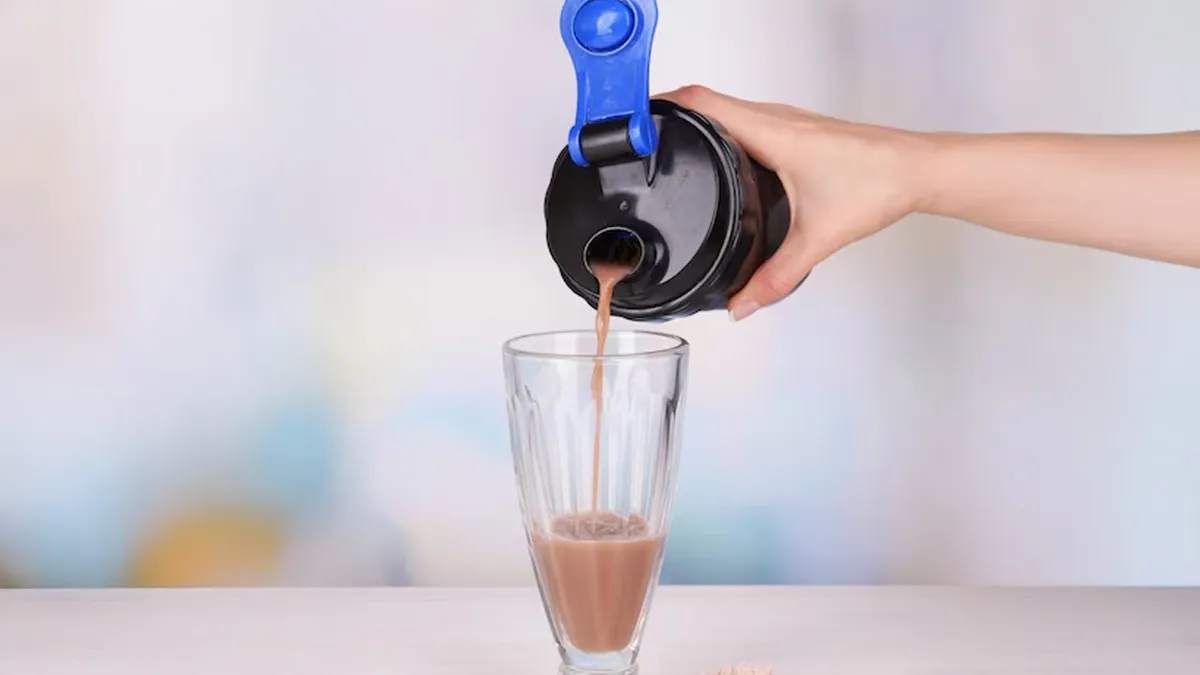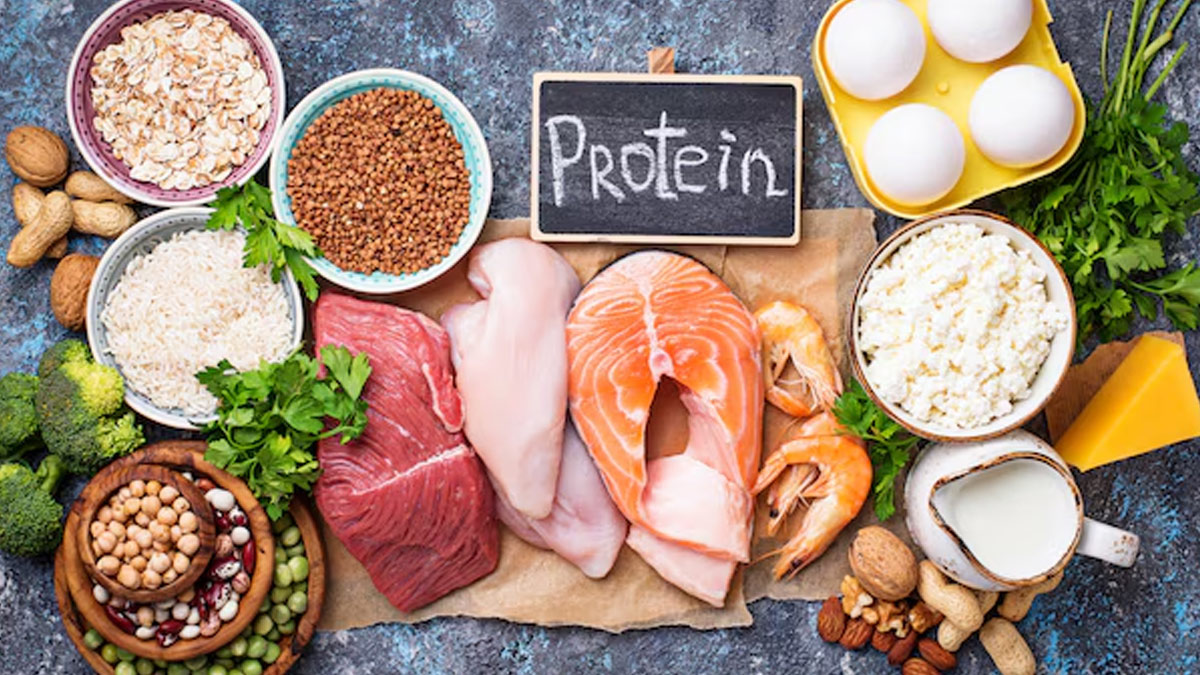
High-protein diets have surged in popularity, with gym-goers and fitness enthusiasts swearing by protein bars, powders, and supplements like creatine. But what many people don’t realise is that too much protein can quietly put stress on your kidneys, especially if there’s an existing problem you don’t know about. Hence, before you scoop your next shake, it’s good to ask: is your body ready for it?
Table of Content:-
We spoke to Dr Pallavi Patri, Consultant – Chief of Nephrology, Manipal Hospital, Sarjapur, Bengaluru, who explained the impact of high protein diets on kidney health.
In some people, high protein intake may lead to certain medical conditions, such as gout and kidney stones. Excessive protein intake can strain the kidneys and impact kidney function, especially in patients with underlying kidney disease.
The Silent Nature of Kidney Disease

“Kidney disease often progresses silently without overt symptoms, making screening crucial for detecting underlying conditions. As part of a general health check, blood and urine tests can assess kidney health. A blood creatinine test is a simple measure of kidney function, indicating the filtering capacity of the kidneys. Creatinine, a protein breakdown product, is cleared by the kidneys; low blood levels typically indicate healthy kidney function,” explained Dr Patri.
Occasionally, blood levels may elevate due to excessive dietary protein intake, even with normal kidney function. In such cases, additional tests like cystatin-c blood tests or 24-hour urine collections can confirm kidney function by measuring creatinine clearance.
Also Read: Signs Your Body Is Not Able to Digest Proteins
How Protein Affects Kidney Health in Different Cases
In individuals with impaired kidney function, high protein intake can worsen kidney damage. For those with elevated blood creatinine levels but normal kidney function on further testing, excessive protein consumption may overburden the kidneys, potentially leading to long-term strain.
How Much Protein Is Too Much?

Several key questions arise: how much protein is safe, what constitutes excessive intake, and do all protein sources have equal effects? Daily protein requirements vary based on age and activity level.
- For healthy adults with a sedentary lifestyle, the recommended intake is 0.8 gm/kg. Pregnant women will have higher requirements.
- Older individuals (over 50 years) will start experiencing age-related muscle loss and therefore, require higher protein intake, which is around 1-1.2gm/kg/day.
- Individuals with an active lifestyle may require intake as high as 1.5-1.7gm/kg/day depending on their level of activity.
However, patients with chronic kidney disease may need to limit protein intake to slow disease progression. On the other hand, those with end-stage kidney disease requiring dialysis may require higher-than-normal protein intake.
Also Read: Worried About Your Protein Intake After 40? Rich Sources Of Protein For Women To Consider
Not All Protein Is Created Equal
“Not all protein sources are equal when it comes to health impacts. Protein powder and creatine supplements should be used cautiously, as some brands may not adequately screen for heavy metal content, potentially leading to harmful accumulation in organs with regular consumption. Natural protein sources may be a safer option,” added Dr Patri.
Moreover, dietary protein sources have varying health effects: studies suggest that animal protein, especially red meat, may be more detrimental to kidney health than plant-based sources. A high intake of red meat is linked to a greater risk of Chronic Kidney Disease (CKD) progression. A 2018 study suggests that consuming red meat may result in higher levels of uremic toxins and an increased risk of cardiovascular issues. Animal protein has also been linked to higher uric acid levels, which increases the risk of gout and kidney stones.
Bottomline
Dr Patri concluded, “Many of us may not be meeting our daily protein needs, which are essential for maintaining muscle mass and a healthy metabolic rate. If you're concerned about your protein intake or sources, consider starting with a general health check-up and consulting a nutritionist or doctor to determine the best approach for your individual needs.”
[Disclaimer: This article contains information provided by an expert and is for informational purposes only. Hence, we advise you to consult your professional if you are dealing with any health issue to avoid complications.]
Also watch this video
Read Next
Cord Blood Banking Explained: Expert Explains How It Could Be A Lifesaving Choice For Your Baby
How we keep this article up to date:
We work with experts and keep a close eye on the latest in health and wellness. Whenever there is a new research or helpful information, we update our articles with accurate and useful advice.
Current Version